Half of electric car drivers admit to 'ghost charging' - a simple tactic used to get priority parking at supermarkets, restaurants and shopping centres, according to a new study.
The selfish move is particularly prevalent in large cities where parking is at a premium.
Cardiff, Birmingham and Belfast are said to have the worst offenders, an 'EV first' piece of research carried out by Sainsburys claims.
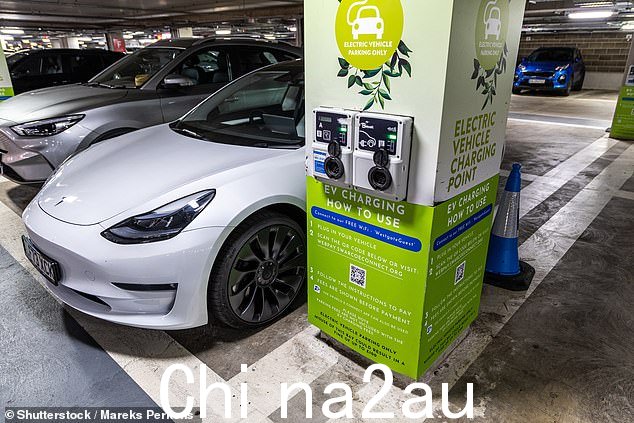
What is ghost charging? It's a selfish tactic deployed by half of EV drivers, according to a new poll by Sainsbury's
In a poll of 505 EV owners, 51 per cent said they ghost charge.
This is the act of pretending to charge their battery car so they can use an EV charging bay, which are usually located in priority sections of car parks and are often available in large town and city centres.
It is equivalent to a driver abusing a disabled parking bay, or adults on their own taking up parent and child spaces in supermarkets, the research suggests.
RELATED ARTICLES
Previous 1 Next Electric cars that can charge in under 20 minutes: The 11...
Electric cars that can charge in under 20 minutes: The 11...  EVs are now FREE to run for the rest of 2024 compared to...
EVs are now FREE to run for the rest of 2024 compared to...  The sweet spot when EVs become better value than petrol cars...
The sweet spot when EVs become better value than petrol cars...  Number of on-street electric car chargers installed by...
Number of on-street electric car chargers installed by... Share this article
ShareHOW THIS IS MONEY CAN HELP
How to save money on car insurance: Ten top tips to cut the cost in just a few minutesMore than a third of the EV-owning survey respondents confessed to frequently ghost charging.
The deceitful move means EV owners who do need to charge their cars are unable to access available chargers because dormant EVs are often parked in the space where they are located.
Given that Britain's charging infrastructure is persistently under the limelight and often lambasted as being below par, self-serving drivers who have already converted to EVs are actively going about making life difficult for others who have chosen greener motoring.
It's just one case of poor EV ownership etiquette highlighted by Sainsburys, which launched its own charging business, Smart Charge in January.
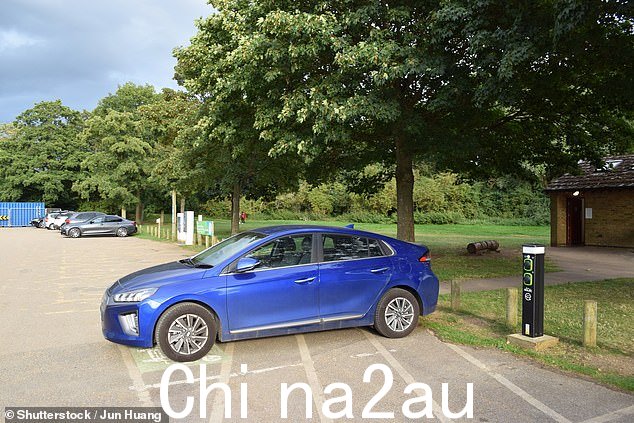
By pretending to charge, EV owners are taking up charging bays usually located in priority sections of car parks and are often available in large town and city centres
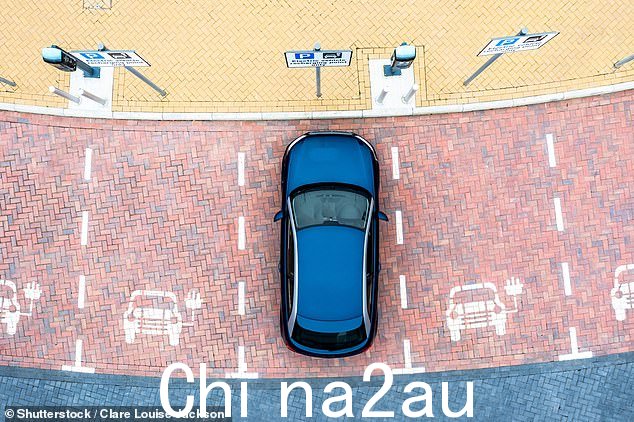
Given that Britain's charging infrastructure is persistently under the limelight and often lambasted as being below par, self-serving drivers who have already converted to EVs are actively going about making life difficult for others who have chosen greener motoring
Seven in ten electric car owners polled said there's a lack of manners within the EV community, with nearly nine in ten drivers (88 per cent) admitting to experiencing frustration at charging stations due to other drivers not following the rules.
When it comes to common bugbears, 'plug hogging' is another major headache for a third (34 per cent) of EV owners.
Read More
Are you a parent and child parking space imposter? Shocking number of drivers abuse rules
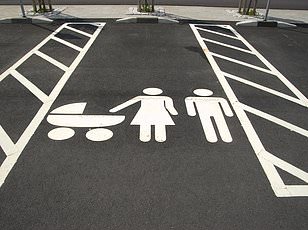
This is especially the case when drivers attempt to charge their batteries above 80 per cent at public devices, which is not recommended.
Because of how a charging curve works, as a battery nears its maximum capacity of 100 per cent, the charging speed tapers off and therefore takes longer to add range.
This is because the electrons coming into the battery have to work harder to find space.
By charging up to 80 per cent, EV owners generally add plenty of driving range while also avoid the slowest rate of charge right at the end of the session.
Long waiting times (31 per cent), poor parking skills (29 per cent), and 'cable spaghetti' - drivers taking the wrong side charging cable - (26 per cent) are also among the top annoyances.
Sainsbury's says that a combination of these frustrations means almost two in five (38 per cent) EV owners don't feel as comfortable charging an EV compared to when they would fill up a combustion car with petrol or diesel.
Sainsbury's claims to be trying to solve a few of these issues by making their Smart Charge devices easier to locate and operate.
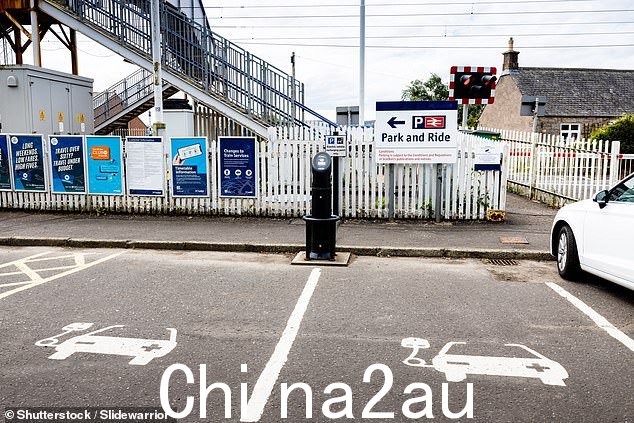
Charging bays, like parent and child spaces and disabled bays, are often given priority location in car parks, which is why the rules are often being abused
Trish Devlin, customer director at the supermarket charging company, said: 'We know that the rules around EV charging can be a minefield, but Smart Charge aims to make everyday life easier for drivers.
'We're always listening to our customers and want to help solve common problems, creating a better experience for all.
Read More
Best charging networks to get EV owners out of a pickle on long trips: Electric car drivers have voted on the most dependable charger operators
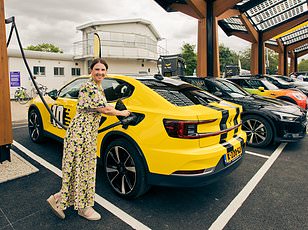
'Smart Charge is designed to offer a unique and convenient service, providing wide and accessible parking bays, an easy-to-use contactless payment system and plenty of practicality for customers.'
Littering (20 per cent), not following instructions (22 per cent), and engaging in small talk (18 per cent) also topped EV drivers' pet peeve list.
When asked how they use their time while waiting for their EV to charge and nearly half admitted that they use this wait time as an opportunity to have some time for themselves (47 per cent), do their weekly supermarket shop (29 per cent).
Some do it to get a break from the family.
The poll found that 13 per cent use the time to escape their partner, while 12 per cent say they enjoy it as a bit of freedom from the kids.

澳洲中文论坛热点
- 悉尼部份城铁将封闭一年,华人区受影响!只能乘巴士(组图)
- 据《逐日电讯报》报导,从明年年中开始,因为从Bankstown和Sydenham的城铁将因Metro South West革新名目而
- 联邦政客们具有多少房产?
- 据本月早些时分报导,绿党副首领、参议员Mehreen Faruqi已获准在Port Macquarie联系其房产并建造三栋投资联